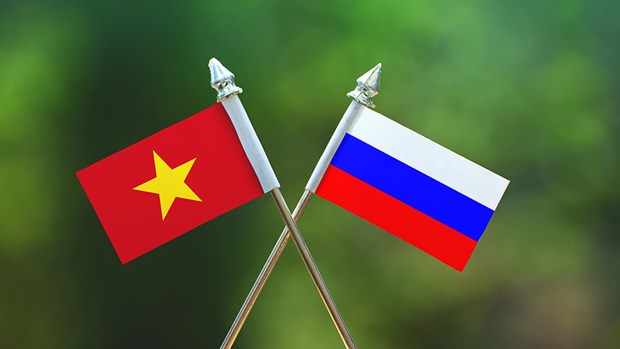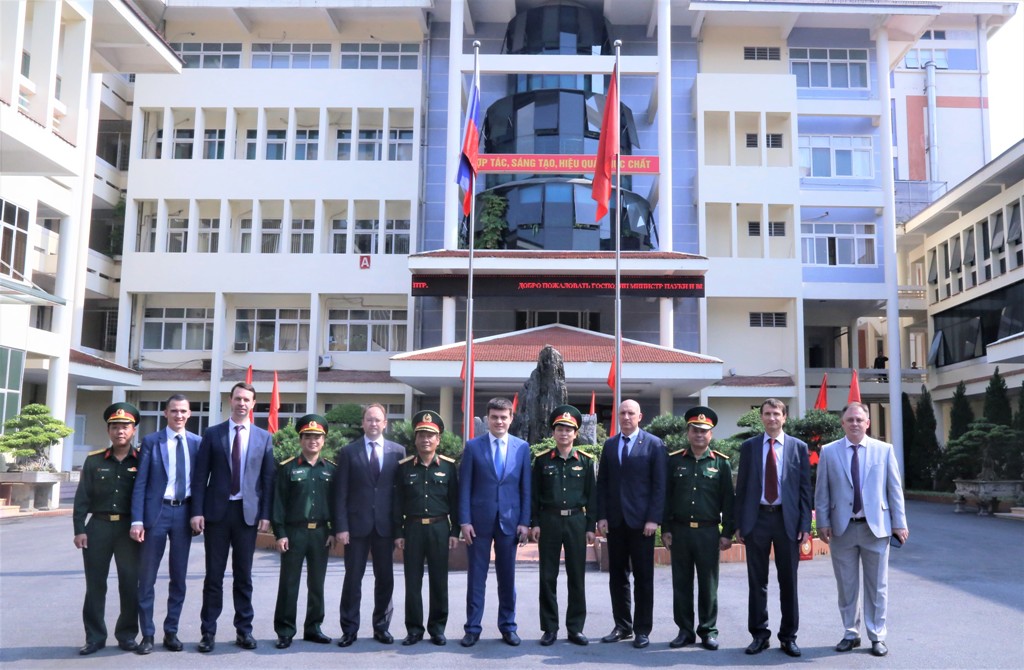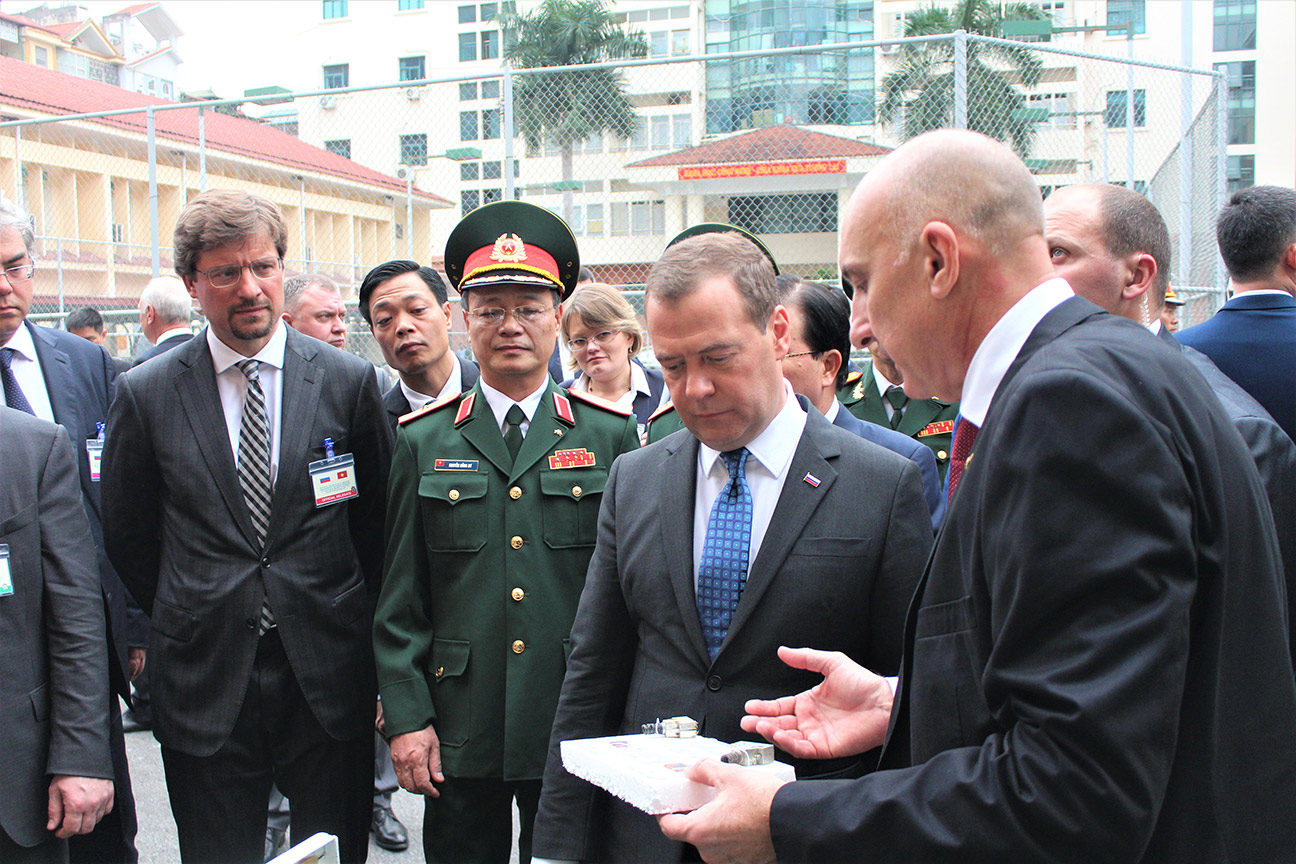Laboratory of tropical Ecology
Head of Department: Ph.D. Nguyen Thi Hai Thanh
Introduction
The Tropical ecology Department is a research unit of the Coastal Branch of the Vietnam-Russia Tropical Center and was established in 1989. The department has the functions of carrying out scientific research, applying and transferring technologies in the field of aquatic ecology.
Main research directions
- Studying the structural and functional organization of coastal marine ecosystems (mainly in the areas of Phu Yen and Khanh Hoa) for the purpose of conservation, restoration, and sustainable use: studying symbiotic communities on corals and soft benthic groups; researching and developing embryos of fish species of high economic value used in aquaculture; developing gonads and stages of lung development in coral reef fish; the phenomenon of parasitic infection on caviar and fish in the sea.
- Studying taxonomic diversity, ecology, and nature of freshwater organisms: fish, plankton, benthos, etc. in rivers, lakes, and other water bodies.
- Pilot-producing breeding species and commercial cultivation of some valuable species such as black seahorses, white-footed shrimps, some types of seaweed, etc.
- Researching on the conservation of the genetic resources of some marine species, such as Sipunculus nudus, Tripneustes gratilla, Holothuria scabra, Eretmochelys imbricate, Haliotis asinina, Hippocampus kuda, giant clams of the family Tridacnidae, etc.
- Researching on cultivation and restoration of artificial corals in Dam Bay area.
Facilities and equipment
The Department is well equipped with a system of research laboratories, including a laboratory in the Coastal Branch and a research test area at the Dambay marine climatic station. The material and technical base of the Department includes about 100 pieces of equipment and tools which allows for a wide range of fundamental and applied research.
In addition, the department is equipped with an exhibition room with a collection of marine species sample (fish, mollusks, crustaceans, and corals).
Main results
- Studies of the structural and functional organization of coastal marine ecosystems and the taxonomic diversity, and nature of freshwater aquatic organisms have provided a lot of important scientific data; hundreds of articles have been published in scientific journals, including more than 30 articles in international journals in the ISI/Scopus list; some atlases, monographs, collections of samples of aquatic organisms.
- A technical process for the production of breeding species, the industrial cultivation and conservation and development of the genetic resources of some valuable marine species.
- More than 1000 coral colonies of 5 different species have been cultivated in different artificial environments, which will be used as breeding species and for basic research.
Form of cooperation
- Cooperating in the field of studying the biodiversity of freshwater and marine ecosystems in coastal areas, river, and lake basins in Vietnam.
- Assessing the current state of ecosystems, especially those at risk (ecosystems of corals, algae, mangroves, etc.); proposing methods of restoration and conservation.
- Cultivating and conserving valuable marine genetic resources in nature.









